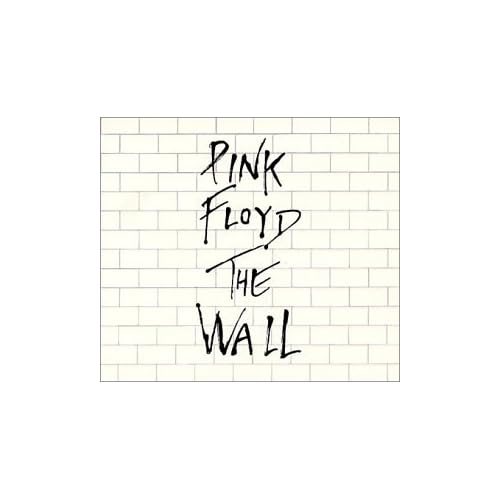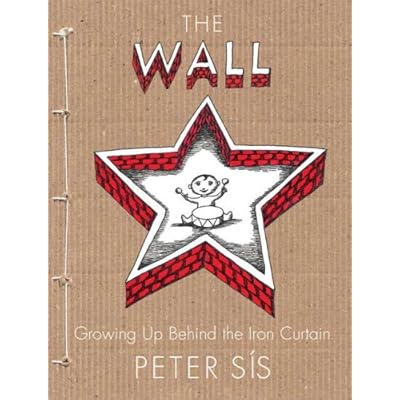Post request: The Amazon Kindle
I’ve had my first request for a post! I really like that Stephanie did this, because I’ve become out of the habit of posting (on the upside, I’ve picked up the habit of flossing), and I need to kick myself into gear.

So, the Amazon Kindle. Stephanie wondered about my views on the cute little ‘wireless reading device’ that Amazon is pushing. As I am a librarian, the daughter of a librarian, a book lover, a reader, and a fixer of books, you’d think I’d HAAAAATE the idea of a digitalberg book.
I’ll give it to you in my new favorite format (that I learned about from reading soldering iron reviews):
The gut feeling on the device
+++++++++
*Much easier to read than previous versions of ebooks. Not as bit-tastic, and the screen doesn’t glow brightly, so it’s easier on the eyes.
*Don’t have to flip pages, leaving other hand free to eat snacks.
*Wireless means insta-access to more books. No waiting till the library opens, or for your Powell’s shipment
*Don’t need to have crap paperback copies of books you’re never going to read again cluttering your bookshelf.
*With one 10 oz. machine, you get hundreds of pounds of books – better for traveling.
————
*Requires electricity, which doesn’t work so hot after the zombie revolution, or in the bathtub.
*If no one publishes paper books, we’ll lose all the stories… after the zombie revolution.
*DRM (access control) may make lending a book impossible. I mean, I’m sure libraries will have different access than individuals, but I won’t be able to lend you my copy of Harry Potter.
Now, for what this all means, here’s my realistic look. Not everyone will be able to afford these babies, so I don’t think we have to worry about the death of paper publishing. My hope is that publishers will chose to treat good books by printing them on nicer paper, in fancier cases, and will become somewhat more collectible. I think mass market romance novels (and the like) will continue to be printed in their standard form. This is based somewhat on socioeconomic demographics, and on the exchangeable nature readers treat the books.
I think cover art is still important. Even with digital books, people judge books by their cover art! And I can imagine when you boot up a book, you’d see the cover art. It gets you in the mood for what you’re reading. It’s kind of like how our library system has cover images for lots of the books, so when you’re searching online, you can tell what the book is about. I think (especially for janky library software) it’s easier to tell if some thing’s a novel, nonfiction, kids, etc. based on the cover.


I think the Kindle (and the others that will follow) will bring an ease to our paper use, boost the quality of existing paper publishing, increase the number of books written without going through publishers, and just like all the digital technology before it, continue to inspire a subculture of low-tech, self-published materials (like zines). I think because of DRM and technological limitations (at least until the next breakthrough) paper books and ebooks will live in symbiosis, maximizing the benefits of both.
If this post leaves your brain spinning and your heart racing, a great novel to read is Neal Stephenson’s The Diamond Age. The plot revolves around a similar technology that allows a single book to act as the one-and-only resource needed for someone to navigate life. This book is one of my favorites. I also like that it’s described as “a postcyberpunk novel”. It’s so accessible as a story, and incredibly well-written. My mom would like it (if she hasn’t read it already – she kind of has a thing for Neal Stephenson books), my grandmother would like it, and my brother would like it. There. Read it!
A very insightful reply. I took my Kindle to my local library, and showed it to all the professional librarians. They loved it. But difficult to see how it could enhance their lending policy. While it will surely be reduced in price in the future, even then it would be expensive to buy enough of them to allow them to lend them like a book, and even more so seeing the cost of books per Kindle needed to go with it.
Personally, I hate DRM — if I buy something (I know — license!!! — but that’s a sham) I want to truly own it, and be able to loan it or sell it (but not copy it so someone else doesn’t have to buy it).
I think the library future is to allow you to bring you Kindle to the library, and fill it using a USB cable with books they offer for free — and there are many free ebooks available to meet that need. Or offer them online to library card holders to be sent to their Kindle via wireless at a cost to the borrower of ten cents each. They might even levy a charge per ebook as a change from free lending — it would be worth a dollar or less to most people. There’s no returns required to be processed like there is for books loaned, so it’s cheaper for the library. Maybe the charge could look like an overdue charge, which libraries are already used to charging.
Charles Wilkes, San Jose, Calif.
Thank you for responding so thoughtfully!
I see the same thing – much like access to journals in academic libraries, public libraries will have access to books through vendors (the hated and perfectly-evilly named Elsevier, I’m sure) and patrons will have access for so long, then fined for each day past due. That will do nicely. You won’t lose the book after the due date, but you’ll have to ‘return’ access for someone else, which will control access.
My main issue with the Kindle is that I tend to read books that are either (1) obscure, (2) art-related (so they really need high quality color printing), or (3) both. So Kindle isn’t going to work for the majority of what I read any time soon. But I think it’s an interesting direction in which to take things, and I’m curious to see if it catches on, generally.
I also just had a conversation with a US ex-pat who lives in Spain and craves English lit. Her situation is perfect for the Kindle – it’s digital, and therefore doesn’t have to be shipped, and she has a wide variety of options, despite her lack of local options.
I have been looking at the Kindle online for about six months. I would come very close to making the purchase, but I’d realize it didn’t make economic sense: I didn’t read enough books to justify the upfront investment; I couldn’t share books with friends; I would be giving up library borrowing; and I’m not even sure I own the books I purchase for the Kindle (much hoopla about this, I know). It didn’t make good economic sense to buy a Kindle. Now that I own one, I still agree with that conclusion – but I give the Kindle five stars. Why? Because the Kindle isn’t about saving money; it’s about enjoyable reading. And the Kindle is a glorious success at this. I can’t explain how nice it is to read without turning pages and fussing with bindings. If I want to hold a cup of coffee (or a glass of scotch) in one hand and the Kindle in the other, it’s no problem at all. I can access the relevant control (“Next Page”) without any fuss. If I want to lay the kindle flat on my desk and not touch it but to turn the pages, fine; no problem. For me, this is the main advantage of the Kindle. It sounds a bit ridiculous to complain of books being cumbersome, but you’ll understand after finishing your first Kindle edition book. That said, being able to wirelessly download books is a wonderful, if sometimes unwittingly expensive, feature. I love waking to the New York Times every morning and having various magazines delivered throughout the week for mere dollars a month. Granted, I expect to spend more on actual reading material, but I also expect to read more, which more than compensates for a slight fiscal uptick.
So, my recommendation is this; buy the Kindle, planning wholeheartedly to return it if you’re not completely taken by it. It doesn’t make a lot of economic sense, so you need to love it when it arrives. If you don’t, it’s not the device for you.